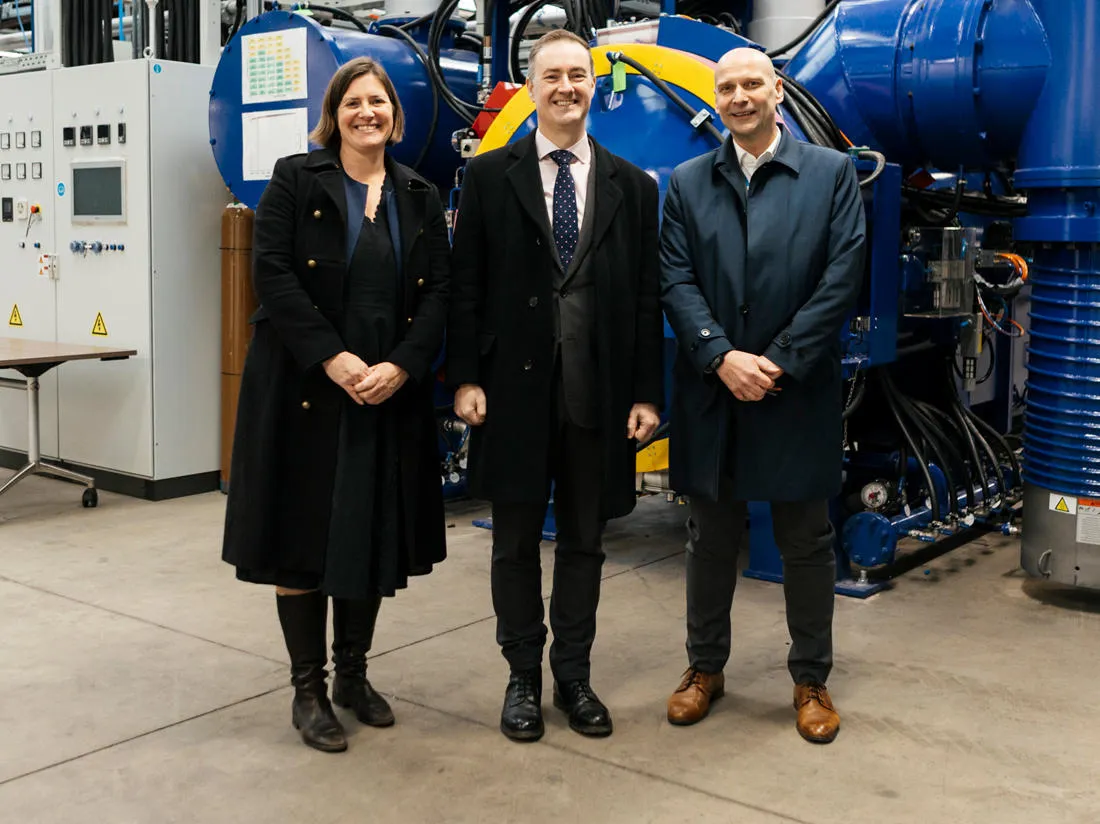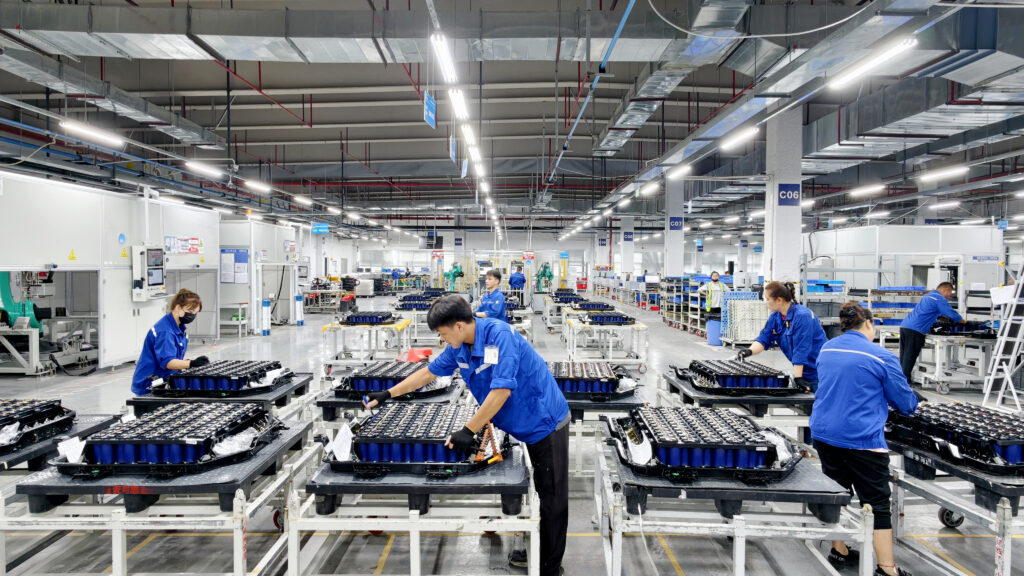A new report from the Chartered Institution of Water and Environmental Management (CIWM) calls for a better approach to grappling with the skills gap facing the water industry.
Launched on 29 October, Your Future notes that the majority of its members feel that capacity and capability in the sector will seriously hinder delivery of promises and ambition by the government. It calls for a comprehensive programme to fully understand the nature of the challenge and embrace the professional development opportunities that it presents.
The document draws on interviews with industry professionals at water companies, local authorities, engineering firms, consultancies, and industry and public bodies like the Environment Agency. It also incorporates results from its Member Career Survey 2025, which took stock of the views of CIWEM’s 11,500 members.
The report, which includes the latest figures from Energy & Utilities Skills, highlights the critical need for an additional 43,700 members of the workforce in the water sector by 2030. This 36% increase is necessary to replace retiring members and to support the investment expansion outlined in AMP8.
Government and industry pledges to spend more than £100 billion on water infrastructure and flood defences during the next five-year planning cycle in England and Wales, will require a major effort to attract, develop and retain people. According to CIWEM, this also presents huge opportunities for the sector and for its members who are optimistic, thanks in part to the organisation’s support and commitment to continual professional development.
While there are concerns around capacity and capability of the workforce to deliver – with 69% of CIWEM members ‘agreeing’ that there’s “a lack of capacity to do all the work the industry has committed to” – just 3% of are thinking of leaving the profession. This peaks at 6% among students and apprentices.
CIWEM President, John Curtin, author of the report’s foreword, warns: “This is both a challenging and an exciting time in the water sector – there has never been a better time to make a real difference to our environment. But we’re at a tipping point. Either we invest in the skills we need now, or we fail to deliver on the investment the water sector desperately needs, not to mention wider parts of the industry. My fear is that it will be the latter, storing up more problems for the future. The time has come for an industry-wide, government-backed drive to attract and skill up new entrants and career changers, while retaining existing talent.
“As the voice of the profession, CIWEM is passionate about supporting professionals and practitioners from the start to the end of their careers, and this gives us a unique perspective; one that tells us that we cannot continue as we are. Urgent action is needed to ensure we have a workforce and sector that is fit for purpose.”
In its call to action, CIWEM outlines a seven step plan that requires the sector to work more collaboratively, particularly with academic institutions and professional bodies to create new training programmes, and to support apprenticeships that integrate technical and ecological skills. It also calls for organisations across the sector to invest in and embed the critical people skills required to enable more impactful engagement and collaboration.
Key report themes:
Attraction, retention and diversity: Look for transferable skills
The industry needs to attract, retain and develop talent at every level, while replacing leavers and retirees. With shortages across the board – from labourers and hydrogeologists to surveyors and planners – the Your Future report recommends looking at transferable skills from other sectors like transport, land management, etc, as well as attracting people from other sources like ex-forces personnel.
Over half (55%) of CIWEM members agree that the industry needs to recruit more broadly, while diversifying more.
Reputation and education: Make people passionate about water
Almost a third (30%) of CIWEM members say they are concerned about the water sector’s image, something that has also been reported to be deterring graduates from joining. The report highlights the need to tell a more positive story about the roles of people working in the sector – and how they are valued. But it requires a whole sector effort.
Educating potential new recruits is part of this storytelling. Many students – both at school and university – are unaware of the career opportunities in the sector. The report recommends ensuring that water is a component for engineering, geography, environmental science and other training programmes. Making people passionate about water and even “water-industry ready” must be a key goal.
New skillsets and on-the-job training: Nature-based solutions
Responding to new challenges and opportunities requires new training, with many of the Nature-based Solutions skills the industry needs coming from a geography, ecology or environmental studies background rather than traditional engineering. By integrating these skills and engineering, it will create a pipeline of skilled professionals for a future industry.
CIWEM members also recognise the need for new skills, with 67% saying they will need digital skills such as data science, modelling, AI or machine learning in the future. Critical people skills are as important, with 68% needing to develop their partnership skills to help them work in an increasingly multi-organisational environment.
Other findings from the CIWEM Member Career Survey 2025, also featured in the report:
- The results show signs of career stability with 42% of members saying they expect to remain in the same role over the next 12-18 months.
- 29% agree or strongly agree that there is too much fluctuation in workload.
- Barriers to development include workload (46%), lack of development opportunities (29%), and lack of encouragement or support (18%).
- Pay and conditions are also important for CIWEM members with 33% agreeing there needs to be change.
- 51% of members think that career support is most needed for on-the-job experience. 34% say they need help with professional qualifications.
Download the Your Future report here
















